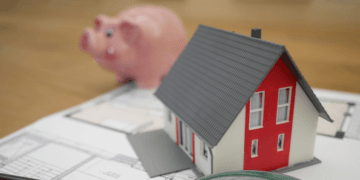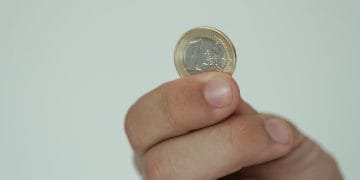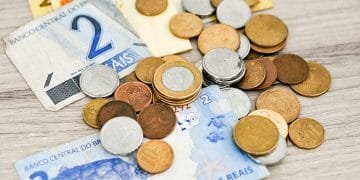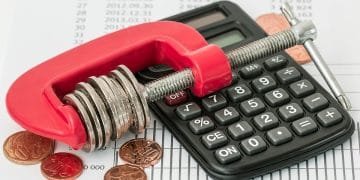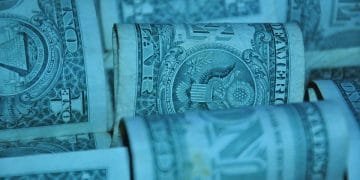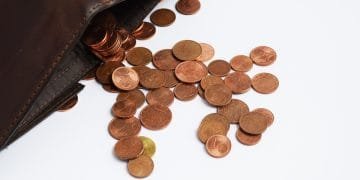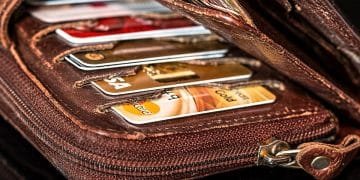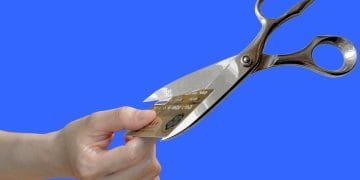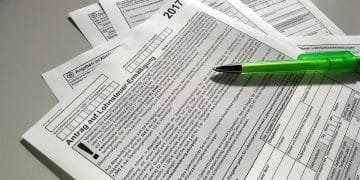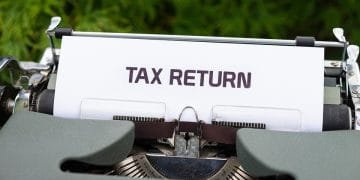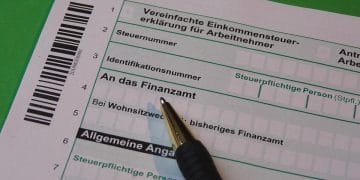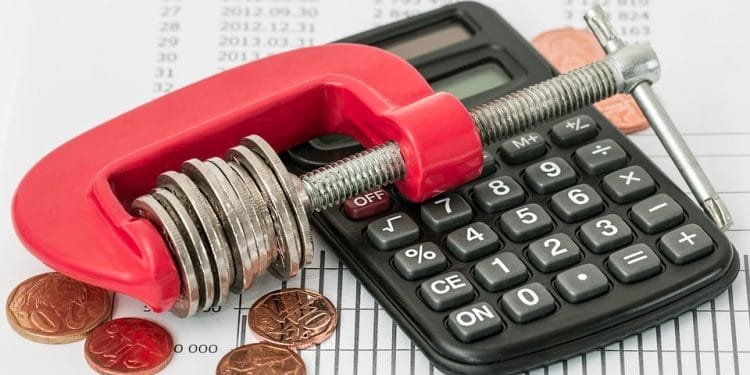[ad_1]
Breaking the Chains of Debt: The Ultimate Guide to Successful Debt Consolidation
In today’s fast-paced society, it is not uncommon for individuals to find themselves drowning in a sea of debt. With the rising cost of living, mounting expenses, and unexpected emergencies, many people turn to credit cards, personal loans, and other forms of financial assistance to make ends meet. However, this can often lead to a vicious cycle of debt that is difficult to break free from.
One effective solution to this problem is debt consolidation. By consolidating your debts into a single, manageable payment, you can lower your interest rates, simplify your finances, and potentially save money in the long run. In this guide, we will explore the ins and outs of debt consolidation, provide practical tips for success, and help you break free from the chains of debt once and for all.
What is Debt Consolidation?
Debt consolidation is the process of combining multiple debts, such as credit cards, personal loans, and medical bills, into a single monthly payment. This can be done through a variety of methods, including taking out a personal loan, using a balance transfer credit card, or working with a debt consolidation company. The goal of debt consolidation is to simplify your finances, lower your interest rates, and make it easier to pay off your debts over time.
Benefits of Debt Consolidation
There are many benefits to debt consolidation, including:
1. Lower Interest Rates: By consolidating your debts into a single payment, you may qualify for a lower interest rate than what you are currently paying on your individual debts. This can save you money in the long run and help you pay off your debts more quickly.
2. Simplified Finances: Managing multiple debts can be overwhelming and confusing. Debt consolidation can help streamline your finances by combining all of your debts into one easy-to-manage payment.
3. Potential for Savings: Depending on your individual financial situation, debt consolidation could potentially save you money on interest charges and fees. By taking advantage of lower interest rates and more favorable terms, you may be able to pay off your debts faster and more efficiently.
Types of Debt Consolidation
There are several different methods of debt consolidation, each with its own pros and cons. Some common types of debt consolidation include:
1. Personal Loans: Taking out a personal loan to pay off your debts can be an effective way to consolidate your debts into a single payment. Personal loans typically have lower interest rates than credit cards, making them a popular choice for debt consolidation.
2. Balance Transfer Credit Cards: Another popular method of debt consolidation is using a balance transfer credit card. These cards allow you to transfer high-interest credit card balances to a card with a lower interest rate, potentially saving you money on interest charges.
3. Debt Consolidation Companies: If you have a large amount of debt or are struggling to make your payments, you may want to consider working with a debt consolidation company. These companies work with creditors on your behalf to negotiate lower interest rates and more manageable payment terms.
Tips for Successful Debt Consolidation
While debt consolidation can be a helpful tool for managing your finances, it is important to approach it with caution and careful planning. Here are some tips for successful debt consolidation:
1. Do Your Research: Before choosing a debt consolidation method, take the time to research your options and compare interest rates, fees, and terms. Look for reputable lenders or companies with a proven track record of success.
2. Create a Budget: To ensure that your debt consolidation plan is successful, it is important to create a budget and stick to it. This will help you track your spending, avoid unnecessary expenses, and stay on track with your debt repayment plan.
3. Avoid Taking on New Debt: Once you have consolidated your debts, it is essential to avoid taking on new debt. This can sabotage your efforts to pay off your existing debts and potentially lead to even more financial trouble down the road.
Common Questions About Debt Consolidation
If you are considering debt consolidation, you may have some questions about how it works and whether it is the right choice for you. Here are some common questions and answers about debt consolidation:
1. Will debt consolidation hurt my credit score?
While debt consolidation can have a temporary impact on your credit score, in the long run, it can actually help improve your score by making it easier to manage your debts and pay them off more quickly.
2. How long does debt consolidation take?
The time it takes to consolidate your debts will vary depending on your individual financial situation and the method of consolidation you choose. Generally, debt consolidation can take anywhere from a few months to several years to complete.
3. Can I still use my credit cards after consolidating my debts?
It is generally not recommended to continue using your credit cards after consolidating your debts, as this can lead to a cycle of new debt and make it harder to pay off your existing debts.
Conclusion
Debt consolidation can be a powerful tool for breaking free from the chains of debt and achieving financial freedom. By consolidating your debts into a single payment, you can lower your interest rates, simplify your finances, and potentially save money in the long run. However, it is important to approach debt consolidation with caution and careful planning to ensure that it is the right choice for you.
By following the tips outlined in this guide, doing your research, creating a budget, and avoiding new debt, you can successfully consolidate your debts and take control of your financial future. Remember, debt consolidation is just one piece of the puzzle when it comes to achieving financial stability. It is important to continue practicing smart financial habits, such as saving money, living within your means, and planning for the future, to ensure long-term success.
With determination, discipline, and a solid plan in place, you can break free from the chains of debt and start on the path to a brighter financial future.
[ad_2]










